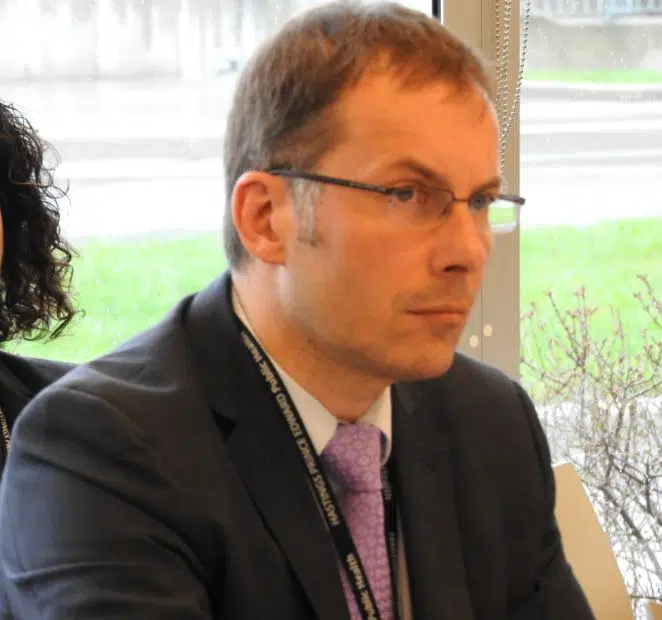Today, on September 30, Hastings Prince Edward Public Health (HPEPH) recognizes the first National Day for Truth and Reconciliation.
While some organizations are required to close today, and some have opted to close voluntarily, HPEPH remains open and will continue to provide public health services to the community, recognizing that individuals experiencing systemic inequality have been disproportionately impacted by the pandemic.
HPEPH is committed to reconciliation with Indigenous people in what we now call Canada. As part of these efforts, we will be drafting a land acknowledgement and associated policy that will be presented to our Board of Health later this year. A land acknowledgement is an important first step for us to recognize the original inhabitants of this land where we work, and acknowledge that the settlement of this land has involved a complicated and oppressive colonial history, the impacts of which continue to be felt to this day across generations.
Today, we have asked our staff to participate in a Reflection Exercise, recognizing that personal and organizational reflection is a critical step in the development of a meaningful land acknowledgement. We have asked staff to reflect and acknowledge the colonist legacy that has led to the settlement of the land we now call Canada, and in particular, the lost children and survivors of residential schools, as well as their families and their communities. September 30 is a day to acknowledge the work we must do to demonstrate and act on our commitment to reconciliation. However, this work must not be limited to today, and HPEPH is committed to ongoing efforts towards reconciliation.
While it is critical that all Canadians familiarize themselves with the impact of the residential school system, “a systematic, government-sponsored attempt to destroy Aboriginal cultures and languages and to assimilate Aboriginal peoples so that they no longer existed as distinct peoples,”1 it is especially important for those of us working in the field of public health. In an effort to enhance the cultural safety and sensitivity at HPEPH, and in addition to the development of a land acknowledgement, our staff have been encouraged to include Indigenous Cultural Safety training in their professional development plans. Staff at HPEPH are deeply committed to the work that needs to be done to achieve health equity and will continue to prioritize these efforts.
For more about HPEPH’s efforts to work towards health equity, visit our web page about Culture, Race, and Indigenous Status, and Facing Racial Inequities at HPEPH.
THE ABOVE IS A PRESS RELEASE FROM THE HASTINGS-PRINCE EDWARD MEDICAL OFFICER OF HEALTH DR. PIOTR OGLAZA






